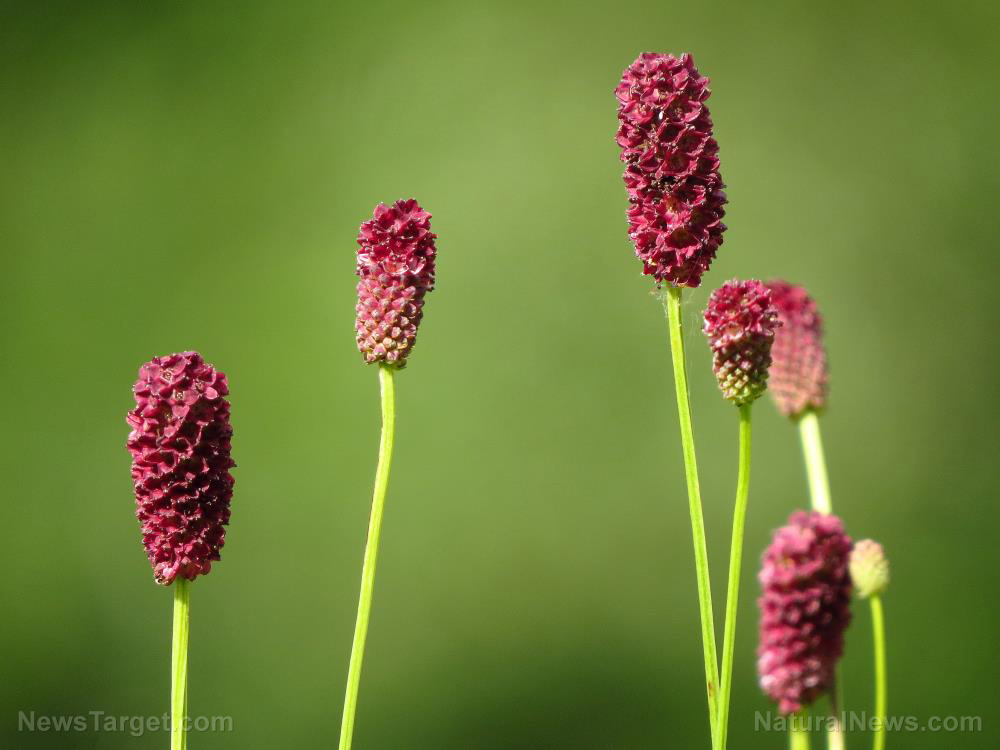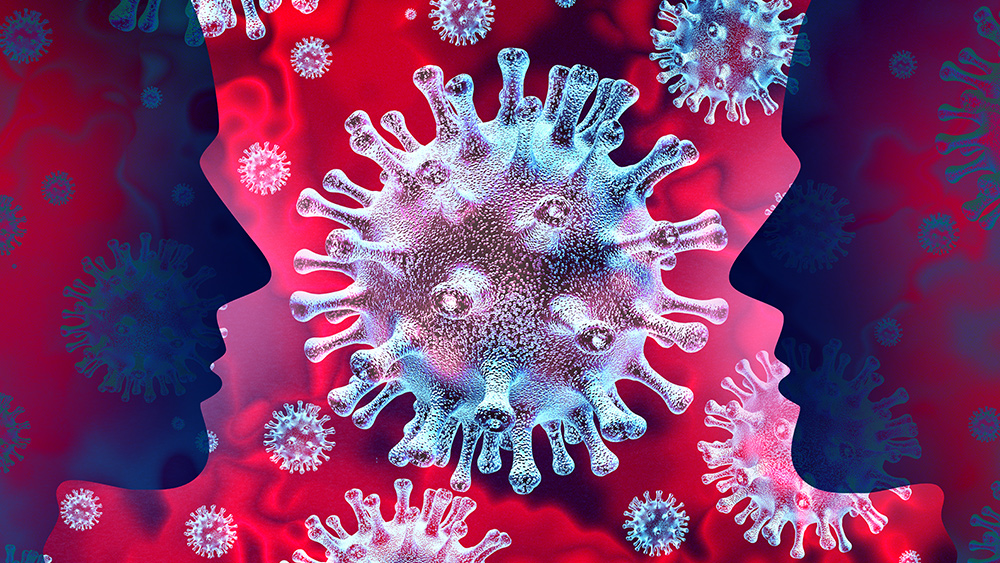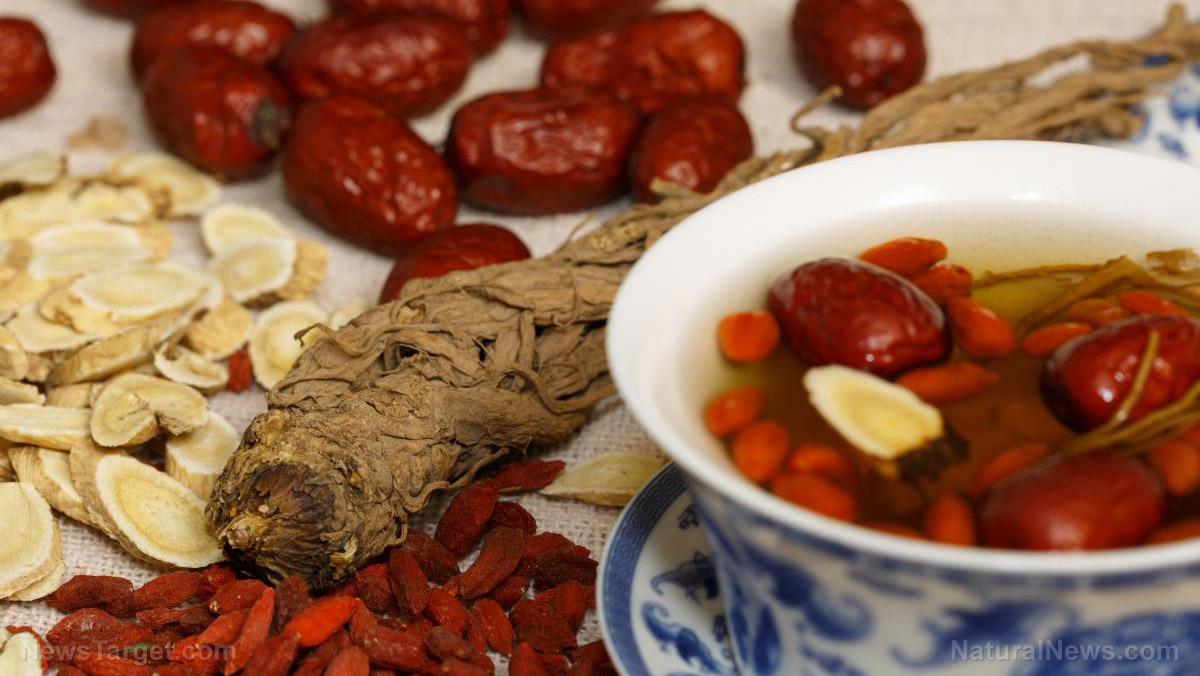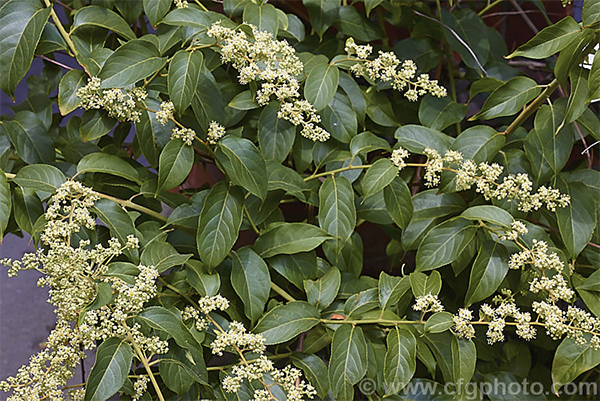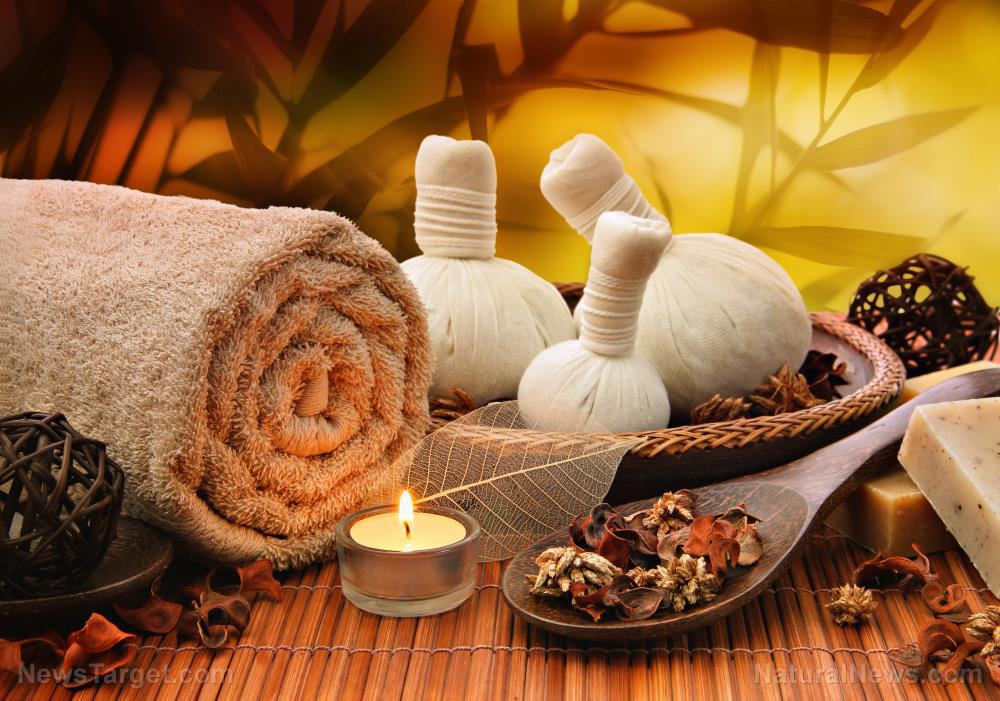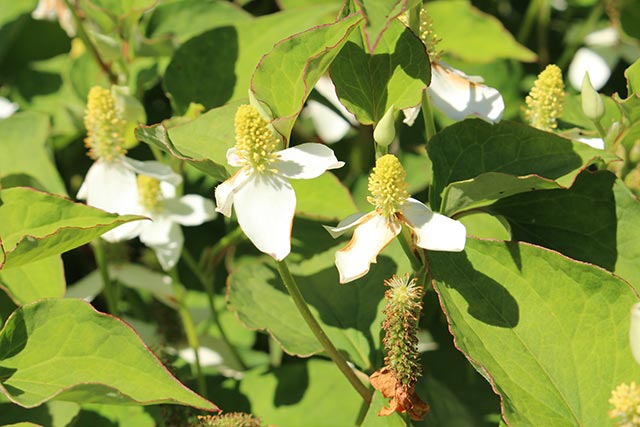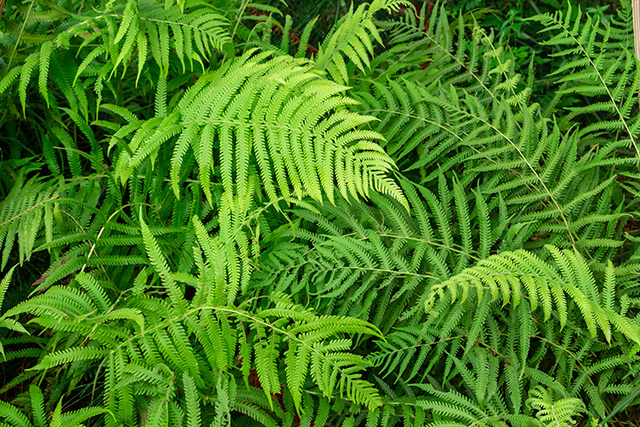Researchers look at the anti-inflammatory properties of TCM made from bitter orange and gardenia
02/17/2020 / By Evangelyn Rodriguez

Medicinal plants with anti-inflammatory components are of great scientific interest due to the role played by inflammation in the development of chronic diseases. In traditional Chinese medicine (TCM), several herbs are known to have the ability to reduce inflammation by inhibiting the production of pro-inflammatory molecules.
In a recent study published in the Chinese Journal of Natural Medicines, researchers from Zhejiang University in China investigated the active ingredients of a TCM formula known as zhi shi zhi zi chi tang (ZSZZCT) in order to identify its anti-inflammatory components. ZSZZCT is composed of three different herbs and is traditionally used to treat insomnia, peptic ulcers, pneumonia and hypertension.
The researchers reported that among its 78 chemical components, three flavones showed significant anti-inflammatory effects. This makes the TCM formula a powerful natural medicine for the management of inflammatory diseases.
ZSZZCT contains anti-inflammatory compounds
In TCM, ZSZZCT is believed to calm restlessness and irritability, clear heat from the body and disperse stagnation. This decoction is made by mixing three Chinese herbs, namely zhi shi or bitter orange, zhi zi or gardenia fruit and dan dou chi or prepared soybean. By itself, bitter orange is good for abdominal pain and indigestion while gardenia is used for urinary dysfunction and blood stagnation. Meanwhile, prepared soybean is prescribed for insomnia, restlessness and irritability.
To determine the chemical composition of ZSZZCT, the researchers used liquid chromatography and mass spectrometry for their analyses. They isolated 79 different compounds from the decoction and identified 39 components. Of the 39 compounds, the researchers further identified four polymethoxyl flavones as the major active components of ZSZZCT. Flavones are plant pigments found in most plants and are important to the human diet.
After further analyses, the researchers found that three of these bioactive flavones, namely, 3, 5, 6, 7, 8, 3?, 4?-heptamethoxyflavone, 3-hydroxynobiletein and tangeretin, have strong anti-inflammatory activities. 3, 5, 6, 7, 8, 3?, 4?-heptamethoxyflavone is a citrus flavonoid that can also promote the production of new nerve cells in the brain even after ischemia. Tangeretin, which is present in citrus peels, is a known anti-cancer and anti-inflammatory agent. On the other hand, little is known about 3-hydroxynobiletein. (Related: Science confirms the anti-inflammatory effects of a compound found in dandelions.)
Other TCM herbs with anti-inflammatory properties
Inflammation is a normal part of the immune response against infection. Inflammation is triggered by the production of inflammatory molecules, which initiate an immune response and regulate the body’s defense against pathogens. While short-term inflammation is considered healthy, prolonged and uncontrolled inflammation leads to the development of serious diseases.
TCM herbs used to treat diseases are divided into different categories. Among these, heat-clearing herbs are said to be effective at fighting infections and reducing inflammation. These herbs not only function as anti-pyretic agents, they also help rid the body of toxic substances. Here are some commonly used heat-clearing herbs in TCM:
- Scutellaria baicalensis — Also called Chinese skullcap (huang qin), this herb is said to have liver-protective, anti-hypertensive, diuretic and anti-microbial activities.
- Coptis chinensis — Commonly referred to as Chinese goldthread (huang lian), this herb is used to treat skin diseases, conjunctivitis, intestinal infections and hypertension.
- Lonicera japonica — Known as honeysuckle flower (jin yin hua), this herb has anti-nociceptive, anti-diabetic, anti-tumor, antioxidant, anti-angiogenic, anti-pyretic, anti-viral and hepatoprotective activities.
- Forsythia suspensa — Also called weeping forsythia (lian qiao), this herb is known for its anti-viral, anti-pyretic, hepatoprotective, anti-emetic and diuretic effects.
- Folium isatidis — Commonly known as indigowoad leaf (da qing ye), this herb is used to treat encephalitis, acute dysentery, hepatitis, measles, pneumonia, influenza, mumps and diabetes.
- Andrographis paniculata — Known as green chiretta (chuan xin lian), this herb has anti-inflammatory, anti-allergic, immune-stimulatory and anti-viral activities.
TCM herbs are naturally rich in bioactive compounds that can benefit human health in different ways. Find out what other properties these herbs possess at ChineseMedicine.news.
Sources include:
Tagged Under: anti-inflammatory, bitter orange, Chinese medicine, gardenia, herbal medicine, Herbs, inflammation, natural cures, natural medicine, phytonutrients, prevention, remedies, research, TCM
RECENT NEWS & ARTICLES
COPYRIGHT © 2017 CHINESE MEDICINE NEWS

